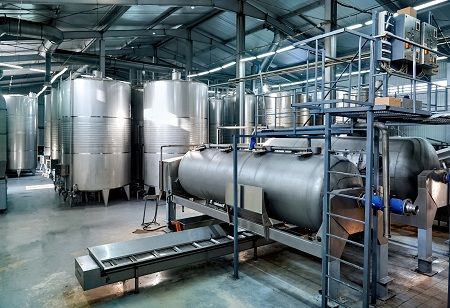
The Asian Palm Oil Alliance (APOA) has expressed concern over Hindustan Unilever's (HUL) decision to reduce the palm oil content in its soaps by 25%. This move, attributed to rising palm oil prices and environmental considerations, could significantly impact millions of oil palm farmers globally, particularly smallholders, according to APOA.
HUL's decision to cut down on the use of palm oil and its derivatives in soap production aims to address the volatility in commodity prices and mitigate environmental impacts. However, APOA highlighted that this decision has far-reaching consequences for the palm oil industry and sustainable development initiatives.
APOA's chairman, Atul Chaturvedi, remarked that while palm oil prices have indeed risen post-pandemic due to increased input costs, it is important to note that palm oil prices are also influenced by the prices of other edible oils such as soybean and sunflower oil. Chaturvedi argued that singling out palm oil for criticism is both unfair and unwarranted.
He emphasized that initiatives like India's National Mission on Edible Oils - Oil Palm (NMEO-OP) highlight the vital role palm oil plays in economic empowerment. APOA, representing countries including India, Sri Lanka, Bangladesh, Nepal, and Pakistan, stressed the need for a balanced approach that considers both the economic and environmental aspects of palm oil production.
In their release, APOA urged HUL to reconsider its decision, suggesting that the reduction in palm oil usage could undermine the livelihoods of many farmers and impede progress towards sustainable development goals. The edible oil industry remains concerned about the broader implications of HUL's move and the message it sends regarding the use of palm oil.

